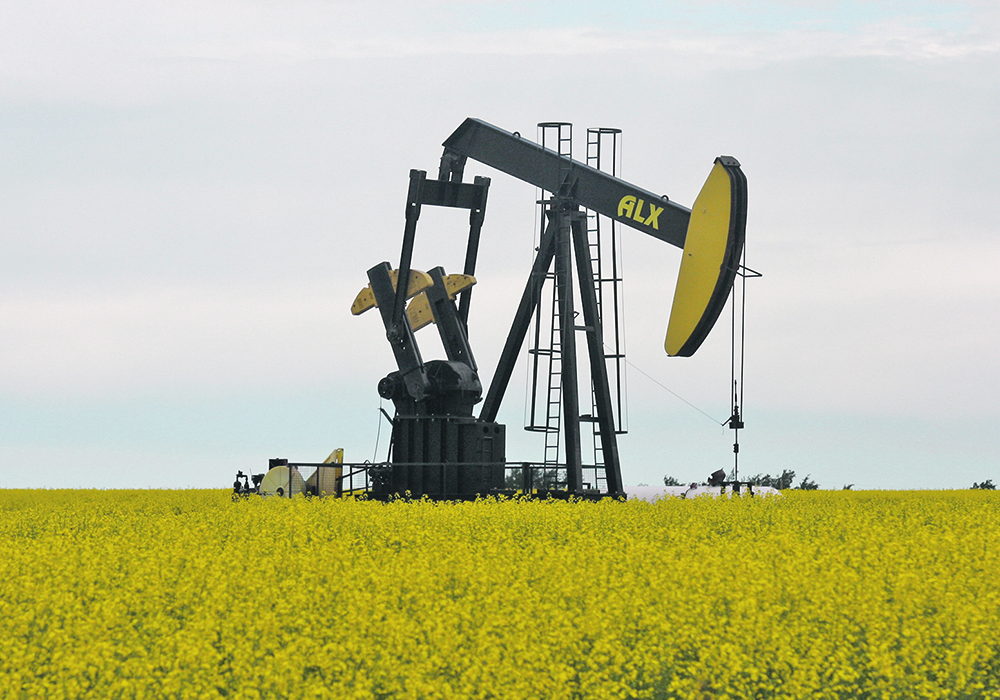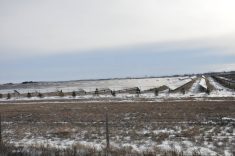With rising costs and concerns about shortages, Europe and Asia have suddenly become worried about energy.
Fossil fuels have been transformed from an object of scorn into objects of desire. As transitory as that attitudinal shift may be, it’s a stark reminder of the extent to which modern life depends on the likes of natural gas and oil.
This would come as no surprise to Steven Koonin, author of a recent controversial book called Unsettled: What Climate Science Tells Us, What It Doesn’t, and Why It Matters. Koonin is a physicist who spent years as undersecretary for science in the United States Department of Energy under President Barack Obama.
Read Also

Invigor Gold variety viewed as threat to condiment mustard
Invigor Gold, the canola-quality mustard developed by BASF, is on a collision course with Canada’s condiment mustard industry. It’s difficult to see how the two can co-exist.
Let’s be clear about something: Koonin doesn’t reject the proposition that humans influence the climate. He’s not a “denier.” So if you’re looking for a book arguing that climate change is a hoax, don’t bother with Unsettled. You’ll get no joy from it.
That said, Koonin has a range of observations, many of them critical about what has become climate orthodoxy.
For instance, delving into the details of the underlying research papers provides a more nuanced and uncertain picture than we’re presented with via press releases and media summaries: climate science is far less mature than generally portrayed; sometimes information morphs into persuasion, thereby blurring the distinction between science and advocacy; and there’s a real fear of the career consequences attendant on publicly critiquing the orthodoxy.
Koonin also devotes a long chapter to models in general and how much climate science depends on them. Having authored one of the first textbooks on computational physics modelling, it’s a subject he knows something about.
Koonin isn’t against modelling; he quotes the famous observation that “all models are wrong, but some are useful.” However, he believes that modelling the Earth’s climate “remains one of the most challenging scientific simulation problems there is.” So be warned about banking on the results.
Along the way, he discusses some of the related issues.
There’s the question of how the model-tuning process can range from guesswork to cooking the books; there’s the matter of models dramatically disagreeing with each other, a fundamental discrepancy that’s then downplayed by averaging the results; and there’s the fact that they can’t explain the strong warming observed from 1910-40, which suggests there are material climate influencers that the models neither understand nor capture.
As for the talk about the world becoming carbon-free over the next half-century, Koonin calls it “a practical impossibility.” There are several reasons.
Modern prosperity and economic development are closely related to the availability of abundant, affordable and reliable energy. Today, fossil fuels provide about 80 percent of the world’s energy supply.
And led by Asian economic development, global energy demand is expected to grow by about 50 percent through 2050. Even with a significantly increased role for renewables like solar and wind, it’s estimated that the world will still rely on fossil fuels for something in the neighbourhood of 70 percent of its mid-century energy supply.
None of this means that pursuing renewables and reducing carbon is a bad idea. In the meantime, though, we’d better take very good care of our current energy infrastructure — pipeline construction being an example. Otherwise, catastrophe beckons.
He maintains that much of the popular acquiescence for going carbon-free is still at the virtue-signalling stage. The adult conversation about trade-offs, implications and dependencies hasn’t kicked in. When it does, the situation might get much more disputatious.
If aspirations and reality collide, always bet on reality.
Pat Murphy is a columnist with Troy Media, where this op ed first appeared. It has been edited for length.



![Protesters crowd a street carrying signs that read, "Global warming real. In other news, water is wet," and "Stop denying the [blue painted pic of the Earth] is dying."](https://static.producer.com/wp-content/uploads/2025/07/29145152/158171_web1_2019-10-18T222818Z_1221762151_RC14C26A65A0_RTRMADP_3_CLIMATE-CHANGE-THUNBERG-1200-220x165.jpg)











